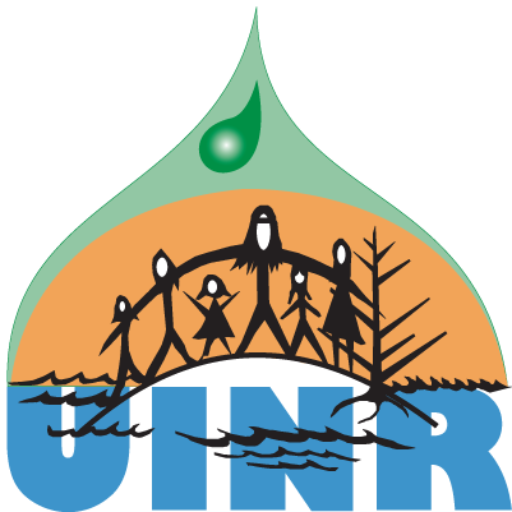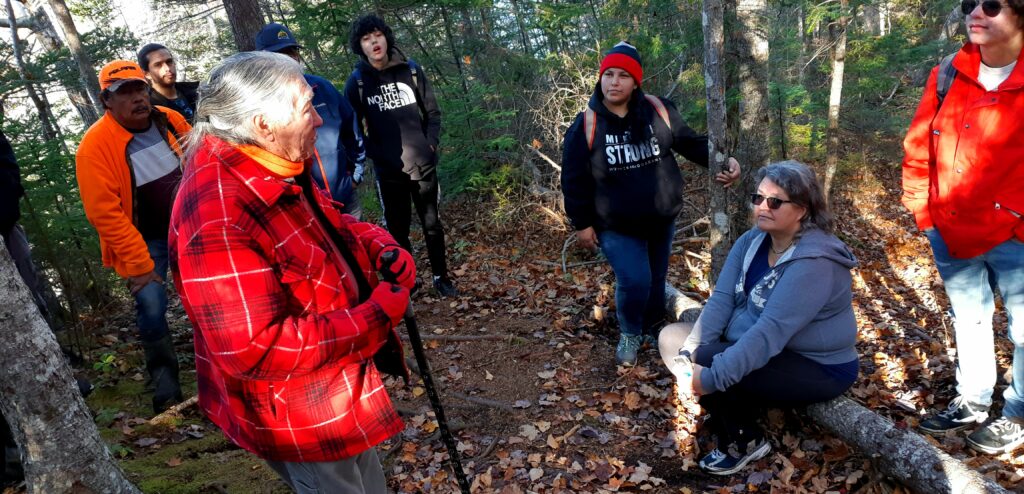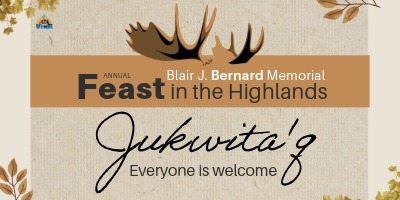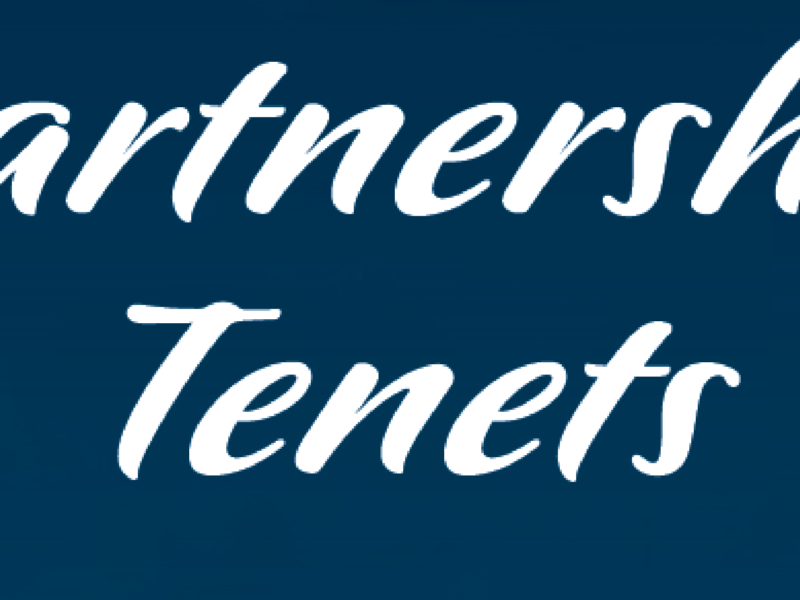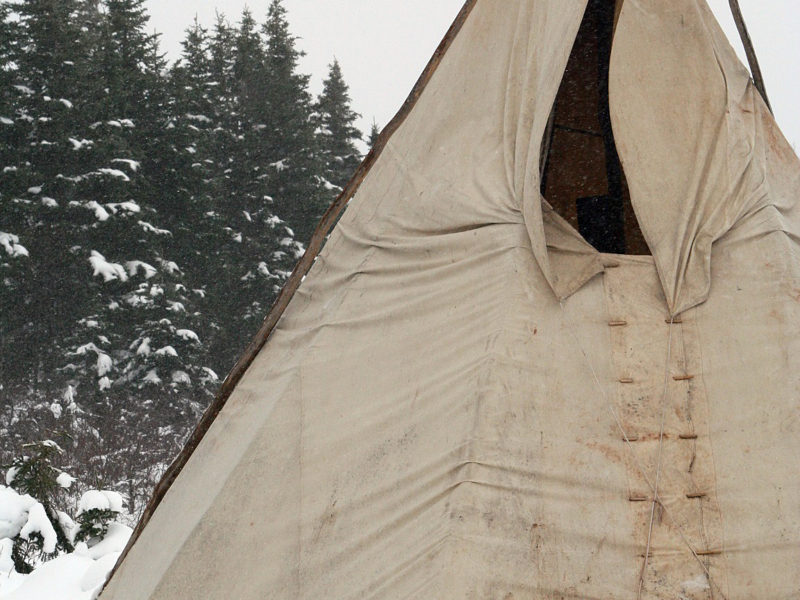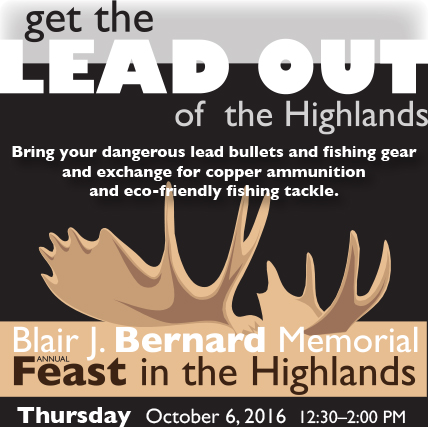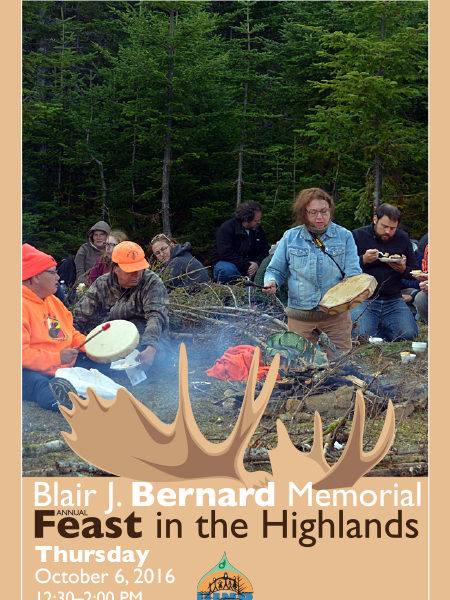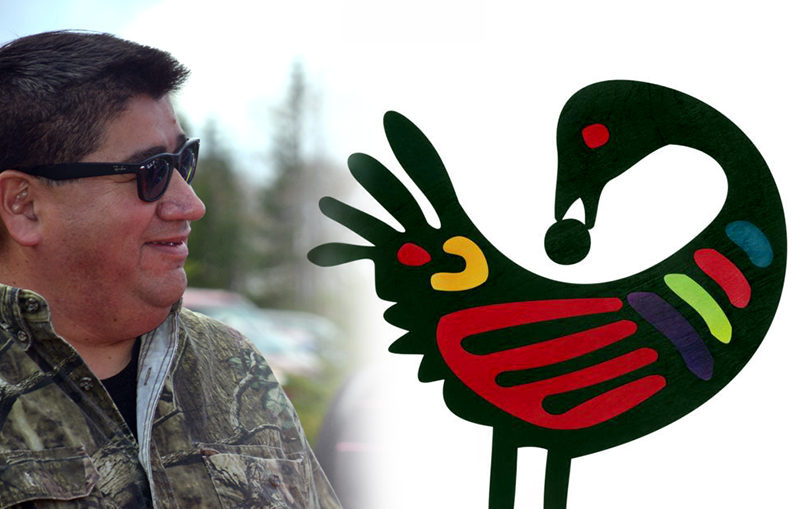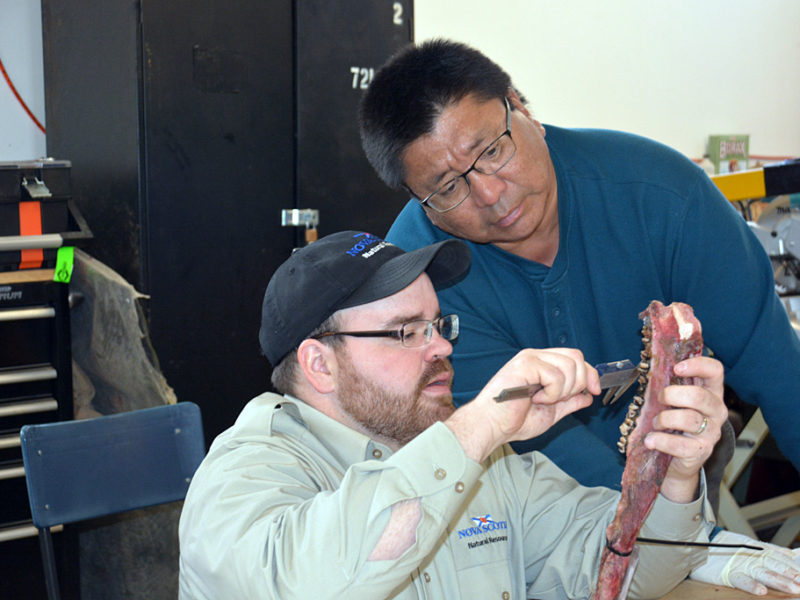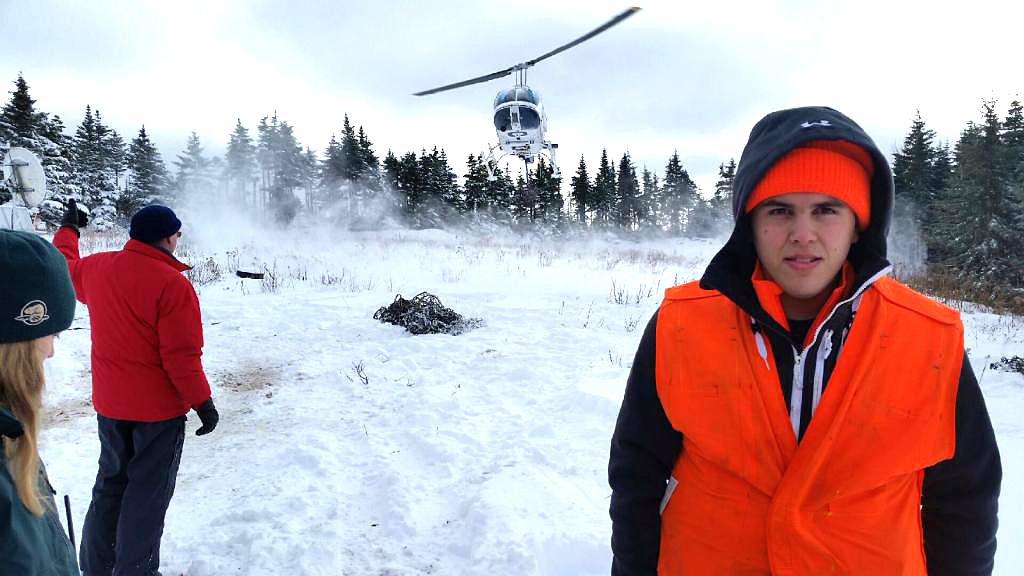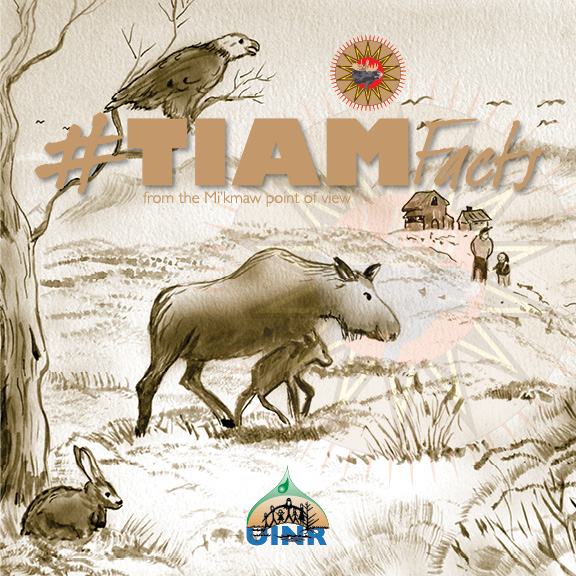Indigenous Protected and Conserved Areas are vital to the Mi’kmaq of Nova Scotia as they offer our Nation a leadership role in protecting and managing places, within our traditional territory, that are essential to our Nation’s culture and spirituality.
Through Indigenous legal and stewardship concepts such as Netukulimk, Msit No’kmaq and Etuaptmumk, the Mi’kmaq have developed systems to manage and protect lands and resources, particularly those lands and resources that are sacred to Mi’kmaw spirituality, history and cultural continuity.
IPCAs are lands and waters where Indigenous governments have the primary role in protecting and conserving ecosystems through Indigenous laws, governance and knowledge systems. Culture and language are the heart and soul of an IPCA.
IPCAs vary in terms of their governance and management objectives. However, they generally share three essential elements:
• IPCAs are Indigenous-led
• IPCAs represent a long-term commitment to conservation
• IPCAs elevate Indigenous rights and responsibilities
In 2015, Canada initiated a process to identify and protect 17% of their lands for ecological and heritage values. As a part of that process the Indigenous Circle of Experts (ICE) was established to explore the creation of Indigenous Protected and Conserved Areas (IPCA) throughout the country. The Mi’kmaq, through UINR, participated in this process. It was recognized that Reconciliation is not just required between diverse elements of society, it is also required more generally between humanity and the environment.
